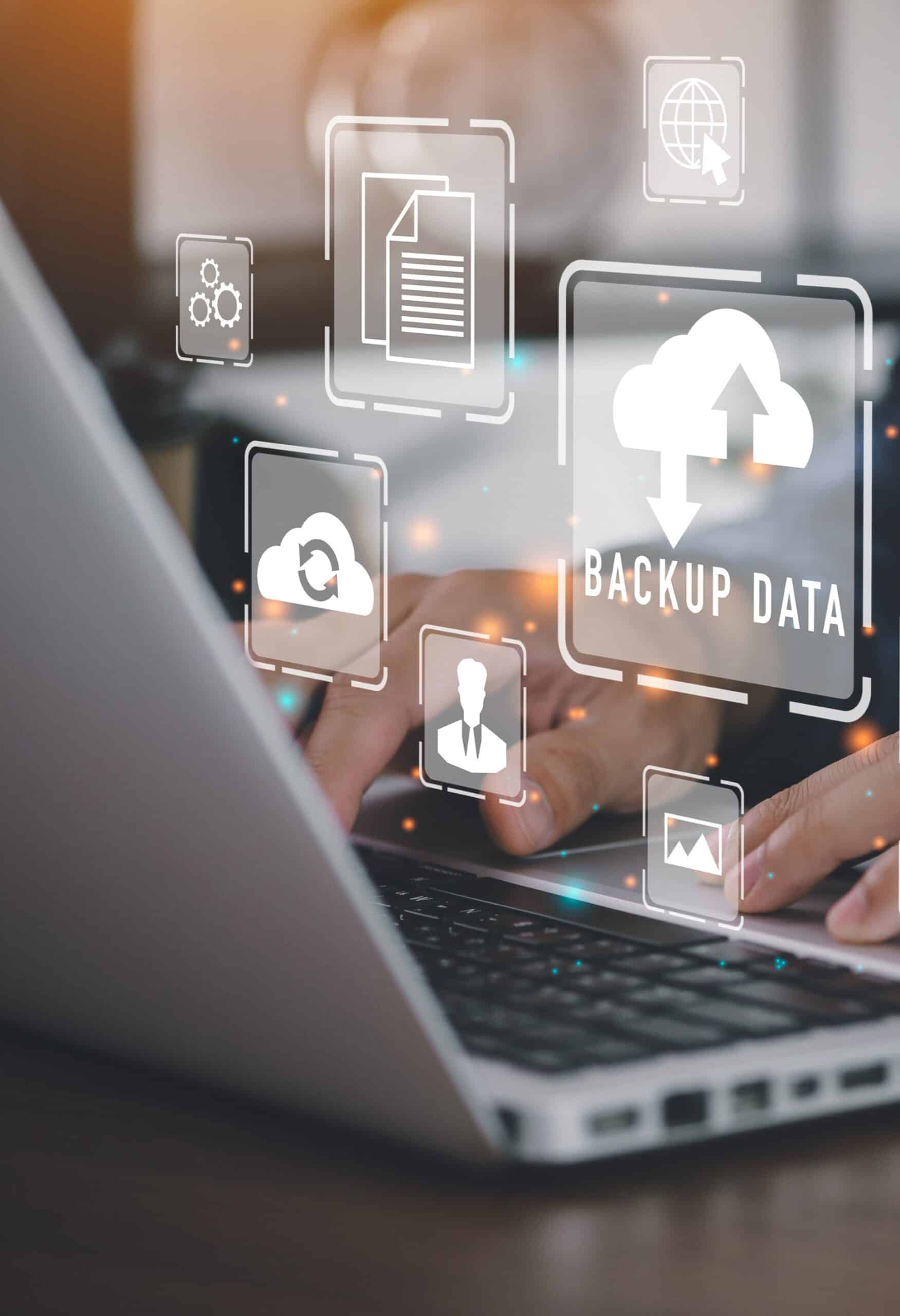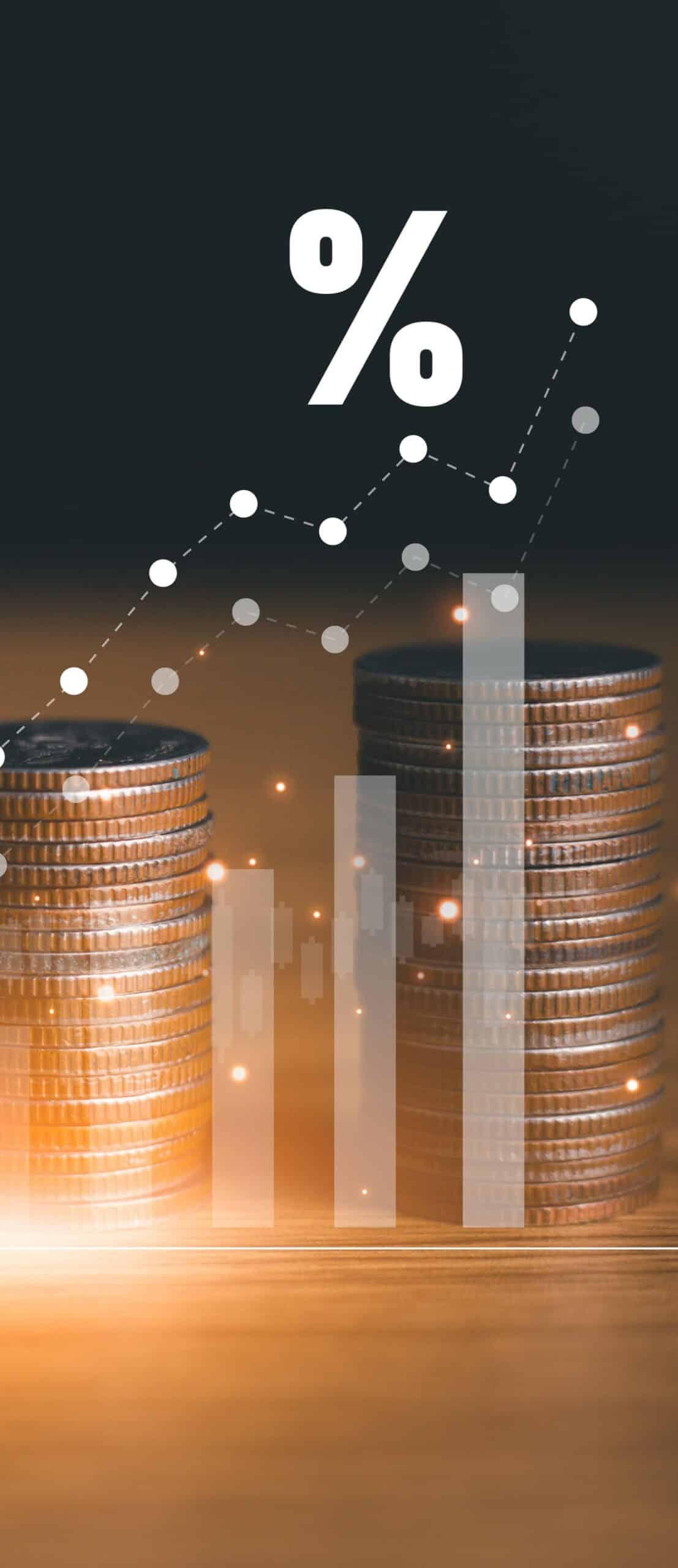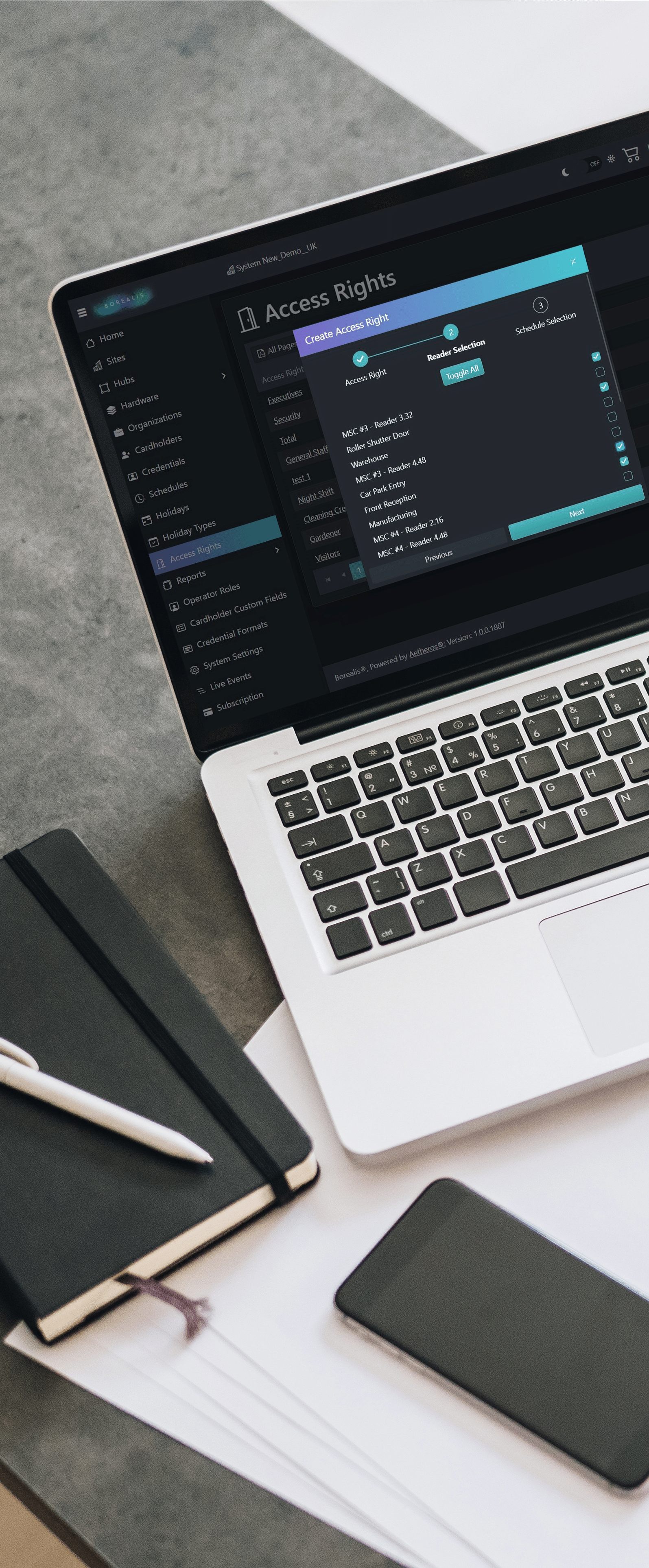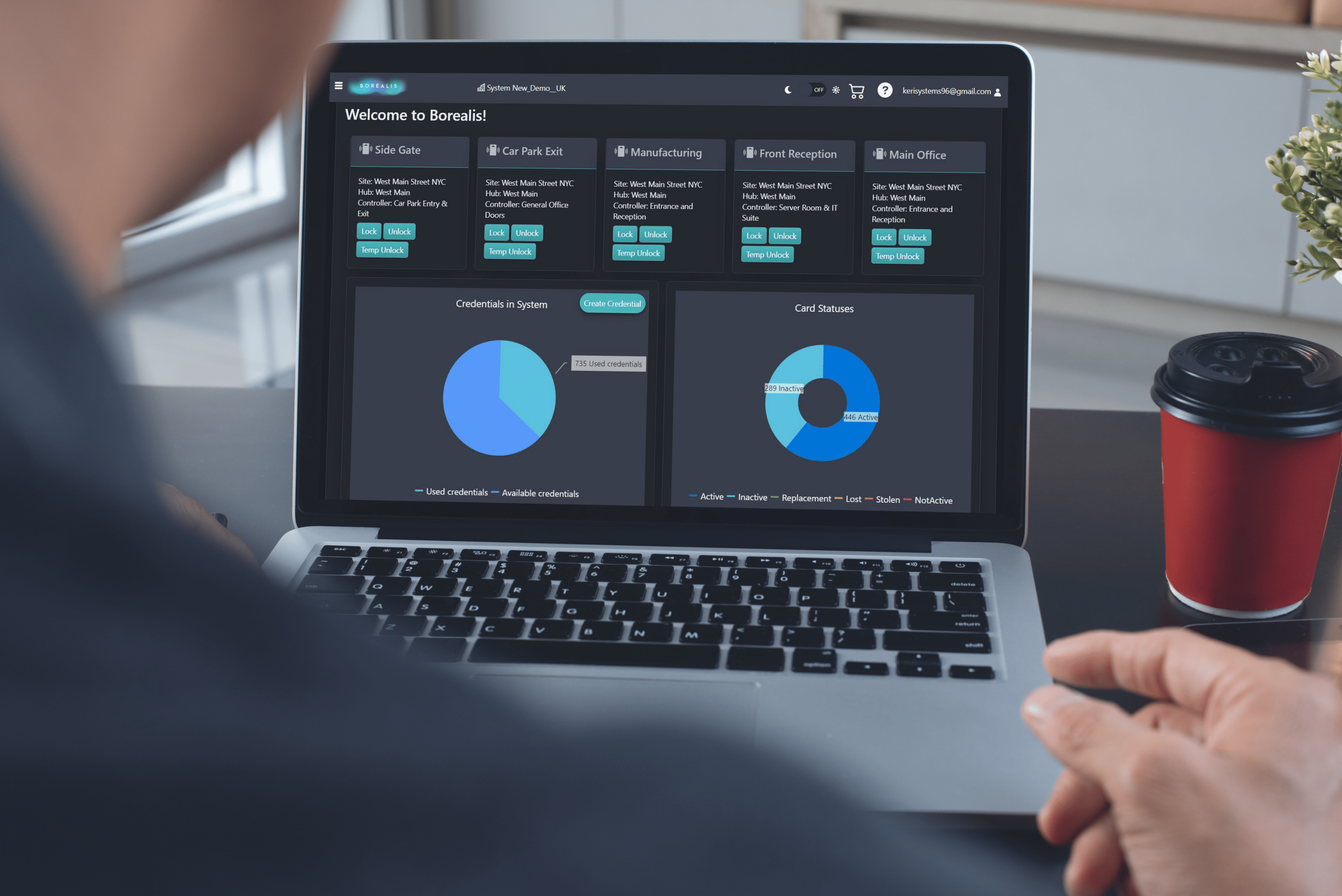Why Borealis Cloud Solutions are Essential for Preventing Data Loss and Ransomware Attacks
Is your business prepared for a ransomware attack or sudden data loss?
If you’re unsure, you’re not alone. Many companies face constant threats from system crashes, data breaches, and cyberattacks that can bring operations to a halt. The financial and operational costs can be staggering: downtime, lost data, and the daunting task of rebuilding your system. For companies relying on access control systems, this could also mean the huge inconvenience of re-enrolling every credential after a database loss and then recreating all access rights.
Luckily, Keri Systems offers an advanced, cloud-based solution that helps you avoid these risks: Borealis.


The Real Cost of a Traditional System Rebuild
When a system fails or is compromised, rebuilding the traditional way is an expensive and time-consuming process. Here’s why:
High costs for IT experts, consultants, and downtime
Getting systems back online requires a team of professionals, and every minute of downtime costs your business money.
Time lost attempting to retrieve the database
A considerable amount of time can be spent trying to locate or retrieve the lost database.
Skyrocketing data recovery expenses
Attempting to recover lost data can be an unpredictable and costly endeavor.
Credential re-enrollment
In the worst-case scenario, businesses may lose their entire database, which means re-enrolling all system credentials and recreating access rights—a time-consuming and frustrating process for both employees and customers.
Every second counts
The longer it takes to rebuild, the more money and productivity your business loses. When ransomware or data loss strikes, there’s no time to waste.
Borealis: The Cloud-Based Solution That Protects Your Business
Borealis from Keri Systems offers a robust, cloud-based platform that eliminates the risks associated with traditional system rebuilds. Here’s how it helps:
Secure, Off-Site Protection Against Ransomware
Borealis uses secure, off-site cloud storage to safeguard your critical data. If ransomware attacks your IT system, your data remains secure and untouchable in the cloud. With Borealis, you can avoid the crippling impact of having your data held hostage.
Automatic and Instant Backups
Your system’s database is automatically and instantly backed up in the cloud. This means you can restore your data quickly, without the hassle of manual backups or waiting for systems to be rebuilt. No more worrying about losing months’ worth of data!
Multiple Data Centers for Extra Security
Borealis uses multiple backups in multiple data centers to ensure redundancy and added protection. This setup reduces the risk of data loss from hardware failures or natural disasters.
Predictable Monthly Costs
Unlike traditional IT infrastructure, cloud solutions like Borealis offer predictable monthly costs, so there are no surprise expenses. This makes budgeting easier and helps avoid hefty one-time costs from emergency system rebuilds.
Credential Recovery Without Re-Enrolling
One of the biggest headaches with a traditional system rebuild is the need to re-enroll all credentials if the database is lost. Borealis eliminates this problem by maintaining up-to-date backups of your system’s user data, so credentials can be restored seamlessly, saving you time and headaches.


Why Choose Borealis?
When compared to the risks of traditional system rebuilds, Borealis is a smarter, more reliable, and cost-effective solution. The security of cloud storage, the convenience of instant backups, and the assurance that your data is safe—even in the face of ransomware or system crashes—make Borealis the clear choice for businesses looking to protect their most valuable asset: their data.
Embrace the Future of Data Protection
If you’re ready to ensure your business stays protected from ransomware attacks, data loss, and the need for costly system rebuilds, it’s time to embrace the cloud. Learn more about how Borealis from Keri Systems can keep your data safe, secure, and always accessible.
Frequently Asked Questions (FAQ)
1. What makes Borealis different from other cloud storage solutions?
Borealis is specifically designed for access control systems and offers seamless integration with Keri Systems products. Unlike generic cloud storage services, Borealis ensures your system’s database, including credentials, is automatically backed up, allowing quick restoration with minimal downtime.
2. How can Borealis reduce downtime during a system failure?
With Borealis, your data is automatically backed up and stored securely in multiple off-site locations. This means that if your system crashes, you can quickly restore it without waiting for manual recovery processes, minimizing operational disruptions.
3. Can Borealis help prevent unauthorized access during a cyberattack?
Yes, Borealis provides an additional layer of protection by storing your system’s data in the cloud, separate from your local servers. In case of a cyberattack, the cloud-stored data remains secure, reducing the risk of unauthorized access to sensitive information.
4. How does Borealis handle data privacy and compliance?
Borealis is built with data privacy and regulatory compliance in mind. By using encrypted cloud storage and maintaining backups in secure, geographically diverse data centers, Borealis helps businesses meet data protection regulations and ensure compliance with industry standards.
5. Does Borealis help with disaster recovery?
Absolutely. In the event of a natural disaster, hardware failure, or cyberattack, Borealis ensures your data is safe in the cloud and can be quickly restored. This drastically reduces the time needed for disaster recovery, helping your business get back on track faster.
6. Is it expensive to switch from a traditional system to Borealis?
No, switching to Borealis is cost-effective, especially when you factor in the long-term savings from avoiding expensive system rebuilds, data recovery, and potential re-enrollment of credentials. Borealis offers predictable monthly costs, helping you avoid unexpected financial burdens.
